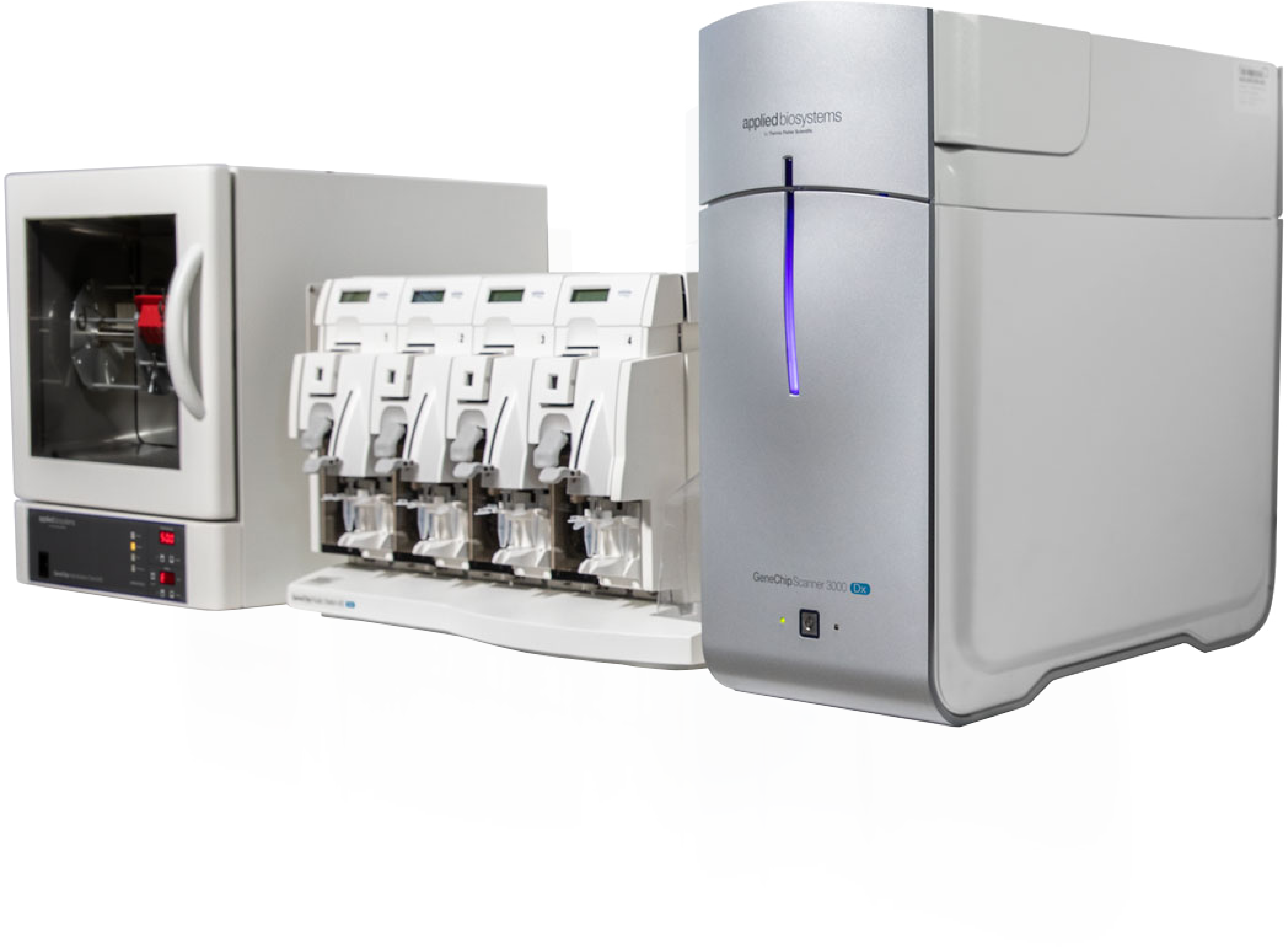Carrier Screening: A New Trend in Reproductive Healthcare
Proactively Protecting Future Generations, Starting Today
Over the past 50 years, carrier screening has played a vital role in reproductive medicine. However, advancements in modern genetic technology are reshaping how we approach this essential tool.

What is Carrier Screening?
Carrier screening is a genetic test designed to determine whether an individual carries variants of genes that cause serious hereditary disorders. Carriers typically show no symptoms and may have no clear family history but can still pass disease-causing genes to their children.
➤ Over 80% of children with recessive genetic disorders are born to parents unaware they are carriers.
Proactive screening before pregnancy enables couples to:
- Understand the risk of having a child with a serious genetic disorder.
- Choose appropriate reproductive options (e.g., IVF with PGT, donor sperm/egg, prenatal diagnosis).
- Gain time for preparation, counseling, and early medical support if needed.
From Targeted Screening to Expanded Carrier Screening (ECS)
In the past, tests focused on diseases prevalent in specific populations (e.g., Thalassemia in Southeast Asia, Tay-Sachs in Ashkenazi Jews). However, in today’s increasingly diverse societies, ethnicity-based screening is no longer sufficient.
Expanded Carrier Screening (ECS) marks a significant advancement:
- Tests for hundreds of genetic disorders using a single blood or saliva sample.
- Independent of ethnicity or family history.
- Easily scalable and equitable for widespread use.
Core Technologies in ECS
ECS relies on advanced genetic technologies:
| Technology | Description | Advantages | Limitations |
| Microarray | Detects known variants | Fast, cost-effective | Cannot detect new variants |
| Targeted NGS | Sequences multiple target genes | Widely used, high accurac | Limited panel flexibility |
| WES / WGS | Sequences entire exome/genome | Comprehensive, detects rare variants | Time-consuming, complex analysis, many VUS |
The process—from sample collection to DNA extraction, sequencing, analysis, and reporting—has been standardized using integrated kits from leading providers like Thermo Fisher Scientific.
Results and Clinical Implications
ECS results are typically categorized as:
- Negative: Low risk of having an affected child, though “residual risk” remains.
- Positive (one partner): Test the other partner and provide reproductive counseling.
- Positive (both partners): Consider safe reproductive options.
Genetic counseling is essential to interpret results and guide appropriate clinical decisions.
---
Thermo Fisher Scientific ECS Solutions
Thermo Fisher offers integrated ECS kits, including:
- Reagents, expanded gene panels, analysis software, and bioinformatics support.
- Compatible with Ion Torrent systems, suitable for small labs to large IVF centers.
- Variant confirmation via methods like MLPA or Sanger sequencing for enhanced result reliability.
The system delivers results in 1–2 working days, with optimized costs and internationally compliant data quality.
---
Contact Us for In-Depth Consultation
As the official distributor of Thermo Fisher in Vietnam, we partner with numerous laboratories and IVF centers to implement carrier screening.
If your organization is interested in establishing or expanding ECS services, contact us for:
- Tailored solutions based on your scale and needs.
- Technical support, installation, training, and quality assurance.
- Updates on promotional programs and research support.


